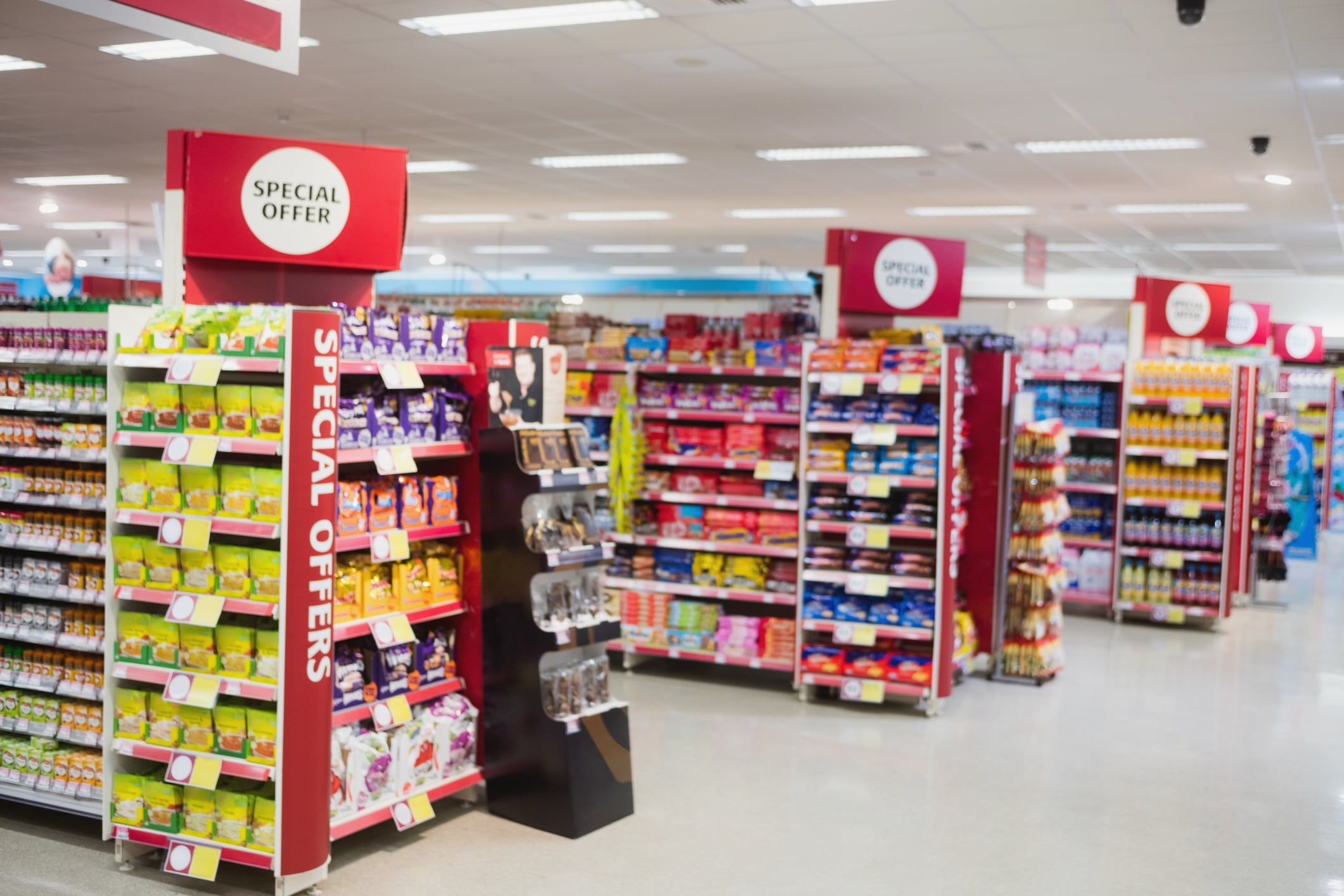Key takeaways:
- New UK baby food guidelines signal tougher scrutiny ahead for cereals, snacks and bakery.
- Voluntary measures are unlikely to last, with mandatory sugar limits now on the table.
- Reformulation and transparency could shift from compliance costs to growth drivers.
Two big announcements this week make clear that ultra-processed foods (UPFs) are in the crosshairs.
First came the damning research from Leeds and the WHO showing nearly 9 in 10 baby snacks and 8 in 10 baby cereals qualify as UPFs. Now, the UK government has rolled out new baby food guidelines while researchers confirm HFSS rules are already cutting sales.
For bakery, snacks and breakfast cereals producers, this is more than baby talk. Together, the moves set the stage for tougher rules across categories – with fortified cereals, biscuits and snack bars facing scrutiny not only on sugar but on processing and placement, too.
Katharine Jenner, director of the Obesity Health Alliance, said the guidelines mark a turning point. “For too long, commercial baby foods have been promoting high-sugar products disguised as ‘healthy options’, using misleading packaging,” she said. “These new guidelines make clear this practice must end. Making it easier for parents to buy healthier products is a baby step in the right direction – but what’s really needed is a giant leap.”
Voluntary guidelines today, mandatory rules tomorrow?

The government’s new advice asks manufacturers to voluntarily cut salt and sugar in baby cereals and snacks, curb misleading ‘no added sugar’ claims and adopt clearer front-of-pack labeling. It should mean less confusion for parents. But campaigners argue it also signals an eventual shift toward mandatory standards.
Dr Vicky Sibson, director of First Steps Nutrition Trust, said voluntary measures are unlikely to be enough. “These practices mislead parents and undermine their best efforts to feed their babies and toddlers healthy, age-appropriate diets. We welcome government plans to evaluate industry compliance in 18 months and fully support their commitment to taking ‘further measures’ in the event that this voluntary measure fails.”
For baby cereal and snack producers – already under pressure from reformulation targets and the wider UPF debate – this raises the risk of enforced nutrient caps. And if mandatory rules are introduced for baby foods, campaigners warn it won’t stop there: broader categories, from children’s snacks to family breakfast cereals, could be next.
HFSS restrictions: proof regulation works

The University of Leeds has also delivered the first independent evaluation of England’s HFSS placement rules, which banned ‘junk food at the checkouts’. The study estimates two million fewer in-scope products were sold per day after the law came into effect.
Jenner said the results should leave little doubt about the direction of travel. “This first independent evaluation of England’s less healthy placement promotions legislation confirms that regulation is effective – and it delivers fairly. The research shows clear reductions in the sale of high fat, sugar and salt products – demonstrating that well-designed policies can support healthier choices for everyone, regardless of where they live or how much they earn.”
For snack makers, this means in-store placement and promotional strategies will remain under close review. And if voluntary approaches on baby food fail, manufacturers of biscuits, bars and cereals could find themselves facing restrictions not only on sugar but also on marketing and shelf positioning.
The ripple effect

Government has chosen baby foods first because the stakes are highest. If voluntary sugar and salt limits fail, mandatory rules will follow and baby cereals and snacks are structurally similar to mainstream breakfast cereals and bars. Manufacturers that start reformulating early can turn compliance into a competitive edge.
The Leeds HFSS evaluation confirms what industry feared: regulation works and it cuts into sales. This means that promotions and instore visibility will remain under pressure for many bakery and snack brands. The opportunity lies in finding growth elsewhere – from digital marketing to healthier product lines that qualify for prominent placement under new rules.
Meanwhile, UPFs are fast becoming shorthand for ‘unhealthy’, regardless of nutrient content, and the political focus is intensifying.
This means rethinking pack claims, recipe design and communication around processing. But there’s also headroom for innovation: companies that highlight fortification, functionality and cleaner formulations can reposition themselves as leaders in the next-gen snacks and cereals space.
When set alongside the Leeds/WHO baby food study, the signal is hard to miss – voluntary measures have a short shelf life, and cereals and snacks are squarely in scope.
In other news: Government launches Good Food Cycle
The UK government has launched its Good Food Cycle – a 10-point plan to reshape how Britain produces, sells and eats food. The framework, part of the wider Plan for Change, links healthier eating with food security and greener supply chains, backed by mandatory healthy food sales reporting.
Food Security Minister Daniel Zeichner said: “Food security is national security – we need a resilient food system that can weather any storm while ensuring families across the country can access affordable, healthy food.”
This raises the stakes for the bakery and snacks sectors. With two-thirds of adults overweight and obesity costing the NHS over £11 billion ($14 billion) a year, healthier options are likely to face closer attention. Reformulation, transparency and innovation are set to become not just differentiators, but growth opportunities.
The strategy, unveiled in Bradford, also highlights local food education initiatives, signaling that future growth will favor companies helping to deliver healthier, more sustainable diets.


